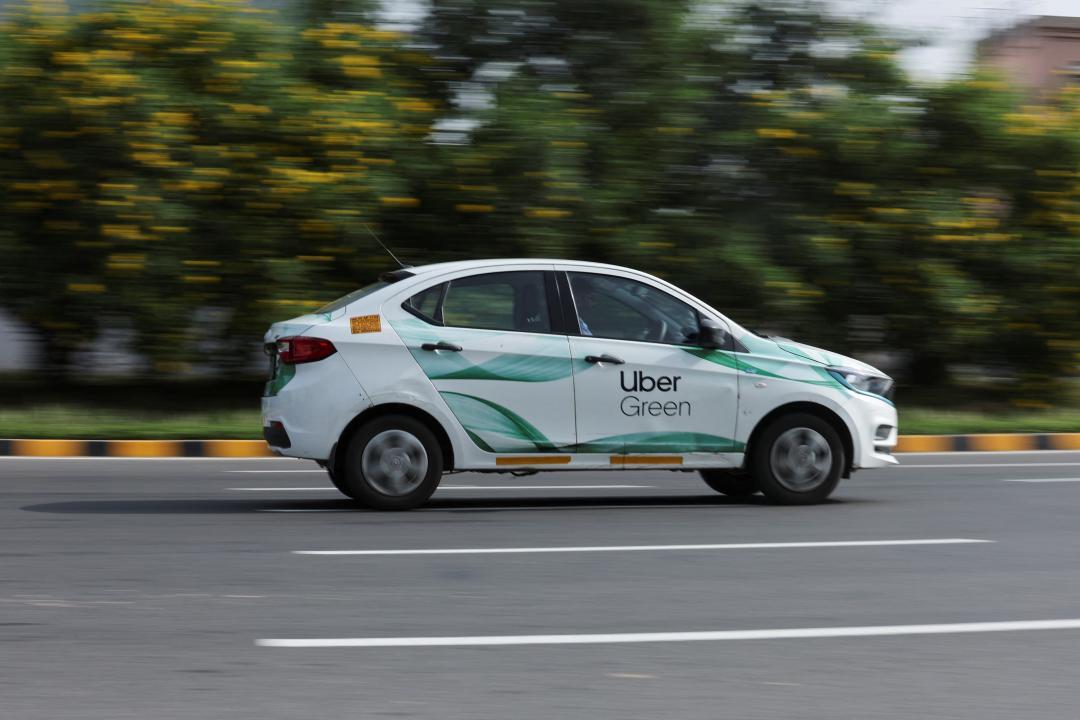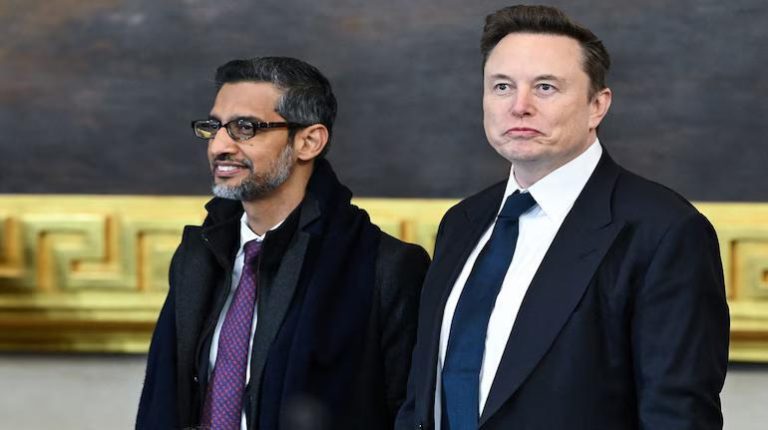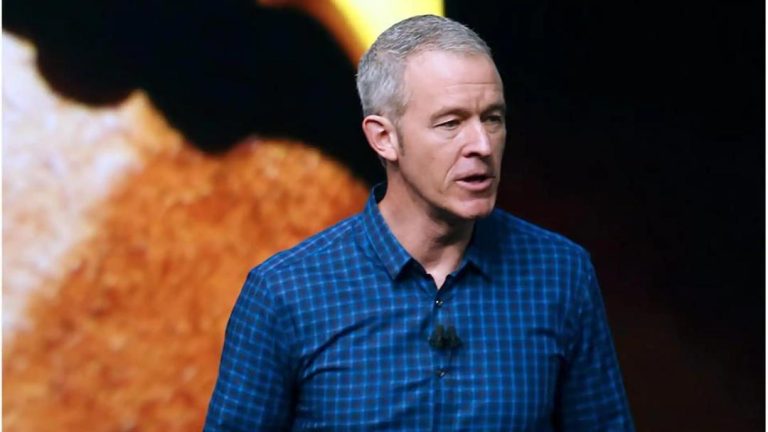
Why are Ola, Uber & Rapido drivers on indefinite strike in Mumbai?
The streets of Mumbai are witnessing a peculiar phenomenon – a strike by drivers of popular ride-hailing services like Ola, Uber, and Rapido. The drivers, who are the backbone of these services, have come together to protest against the alleged low earnings and poor working conditions. The indefinite strike has resulted in longer wait times and fewer cabs on the road, causing inconvenience to commuters. In this blog post, we will delve into the reasons behind the strike and the concerns of the drivers.
The Striking Drivers
According to reports, the drivers of these ride-hailing services have been alleging that after deducting aggregator commissions and fuel expenses, their actual income falls to just ₹8-12 per kilometre. This, they claim, is unsustainable amid rising fuel and maintenance expenses. The drivers, who are the lifeblood of these services, are demanding better earnings and improved working conditions.
The Demands
The striking drivers have presented a list of demands to the management of Ola, Uber, and Rapido. Some of the key demands include:
- Increase in earnings: The drivers want a hike in their earnings to at least ₹20-25 per kilometre, considering the rising fuel and maintenance expenses.
- Reduced commissions: The drivers are demanding a reduction in the commissions charged by the aggregators, which they claim is too high.
- Improved working conditions: The drivers want improved working conditions, including better maintenance of vehicles, reduced wear and tear, and adequate support for drivers who are injured on duty.
- Better treatment: The drivers are demanding better treatment from the aggregators, including timely payment of dues, regular maintenance of vehicles, and provision of necessary amenities.
The Impact
The strike has had a significant impact on the commuters in Mumbai. With fewer cabs on the road, people are facing longer wait times, and the usual convenience of hailing a cab with a few taps on the screen has become a distant memory. The strike has also led to a surge in the prices of other modes of transportation, including autorickshaws and taxis.
The Response
The management of Ola, Uber, and Rapido has responded to the strike by saying that they are willing to engage with the drivers and address their concerns. In a statement, the companies said, “We respect the right of our driver-partners to protest and are willing to engage with them to address their concerns. We are committed to ensuring that our driver-partners earn a decent living and are treated fairly.”
The Future
The strike has brought the spotlight on the working conditions and earnings of the drivers of these ride-hailing services. The aggregators will have to take a close look at the concerns of the drivers and address them to avoid future strikes. The strike has also raised questions about the sustainability of these services, which rely heavily on the drivers to function.
Conclusion
The strike by Ola, Uber, and Rapido drivers in Mumbai is a wake-up call for the aggregators to address the concerns of the drivers. The drivers are the backbone of these services, and their welfare is crucial for the success of these companies. The aggregators will have to engage with the drivers and address their concerns to ensure a smooth and sustainable operation. The strike has also highlighted the need for better regulations and laws to protect the interests of the drivers.
News Source:



